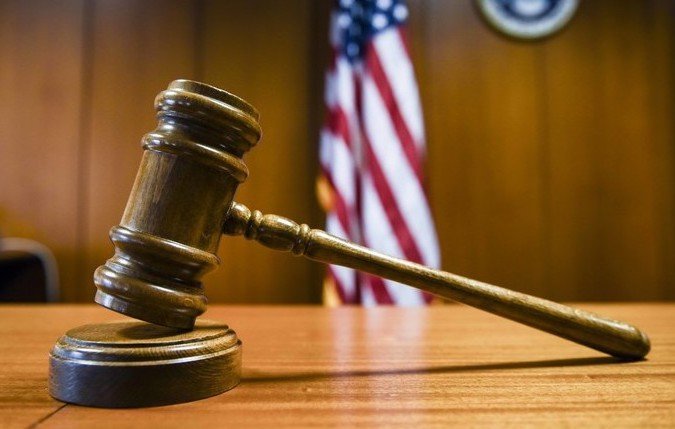LITTLE ROCK -- A federal judge on Tuesday accepted a nurse practitioner's guilty plea to a charge of violating the federal anti-kickback statute after she admitted scheming with her daughter and others to defraud Tricare, the military's health insurer.
U.S. District Judge Lee Rudofsky accepted the plea from Donna Crowder, 65, whose daughter, Jennifer Crowder, 37, formerly known as Jennifer Bracy, pleaded guilty last week to the same charge. Donna Crowder worked for the Veterans Administration hospital in North Little Rock.
The mother and daughter and three men are accused, along with other unnamed people, of participating in a scheme from January 2015 through July 2018 to defraud the U.S. Department of Defense insurer of $12 million by submitting fake prescriptions for expensive compounded drugs to a Mississippi pharmacy.
The pharmacy paid hefty incentives to marketers to supply prescriptions, but prosecutors say that neither the pharmacy nor the pharmacy benefit manager that processed the claims were aware that the prescriptions were fraudulent.
The pharmacy shipped the compounded drugs to patients across the country and was reimbursed by Tricare for the unnecessary medications that included pain creams, scar creams and supplements.
In 2015, after Tricare paid nearly $2 billion for compounded prescription drugs, representing an 18-fold increase over previous years, investigations began across the country, including in the Eastern District of Arkansas, in which the compounded drug schemes were uncovered.
Also charged in the scheme involving the Crowders are Albert Glenn Hudson of Little Rock, who did business as Major Healing LLC and in June admitted supervising a team of fraudsters identified as Derek Clifton, a medical sales representative who was previously a high school basketball coach in Baxter County, and Joe David "Jay" May, a doctor in Alexander. Clifton and May have pleaded innocent.
According to court documents, kickbacks were often paid at every level: to Tricare beneficiaries who agreed to accept the drugs they didn't need, to recruiters to find the Tricare-insured beneficiaries and to medical professionals to rubber-stamp prescriptions.
Court documents say "Marketer 1," who lived in Tennessee and isn't otherwise identified, promoted the unnamed pharmacy through various promoters around the country.
Hudson admitted he promoted compounded drugs for the unnamed Tennessee marketer, and paid recruiters, referred to as "the Hudson recruiters," to find Tricare beneficiaries to receive the drugs. Hudson has said he then paid others, including Clifton, to get medical professionals, including May, to authenticate the fake prescriptions, so they could be filled.
Clifton, who did business as JC Custom Medical LLC, had worked in the medical sales industry since 2010, and during that time received compliance training on the anti-kickback statute, according to the documents. May, who worked for a community hospital system and practiced at several of its locations across the state, was a longtime friend of Clifton's and rubber-stamped prescriptions in return for cash, according to charging documents.
Donna Crowder, a registered nurse practitioner licensed in Arkansas, admitted Tuesday that she rubber-stamped prescriptions from Hudson in exchange for what amounted to a guaranteed job for her daughter, though the daughter didn't actually have to go to work.
Assistant U.S. Attorney Alex Morgan said Donna Crowder signed more than 60 prescriptions for which Tricare paid more than $5 million, enabling her daughter to pocket $89,800, which the daughter turned over to the government last week in the form of a cashier's check.
The mother and daughter's charging documents, which they admitted were accurate, say Hudson arranged to pay the daughter $1,000 per patient in exchange for her mother rubber-stamping prescriptions that were already filled out with the name of the insurer, the drug to be dispensed and refill quantities, so the prescriber needed only to sign them without examining patients.
The documents say Hudson faxed pre-filled prescriptions to Donna Crowder or emailed them through her daughter, and the nurse practitioner in turn signed the prescriptions and faxed them to the pharmacy.
